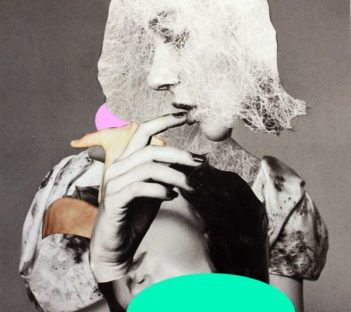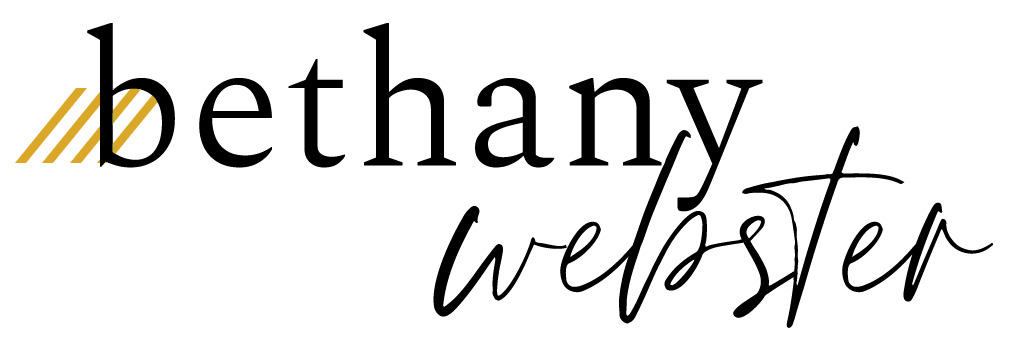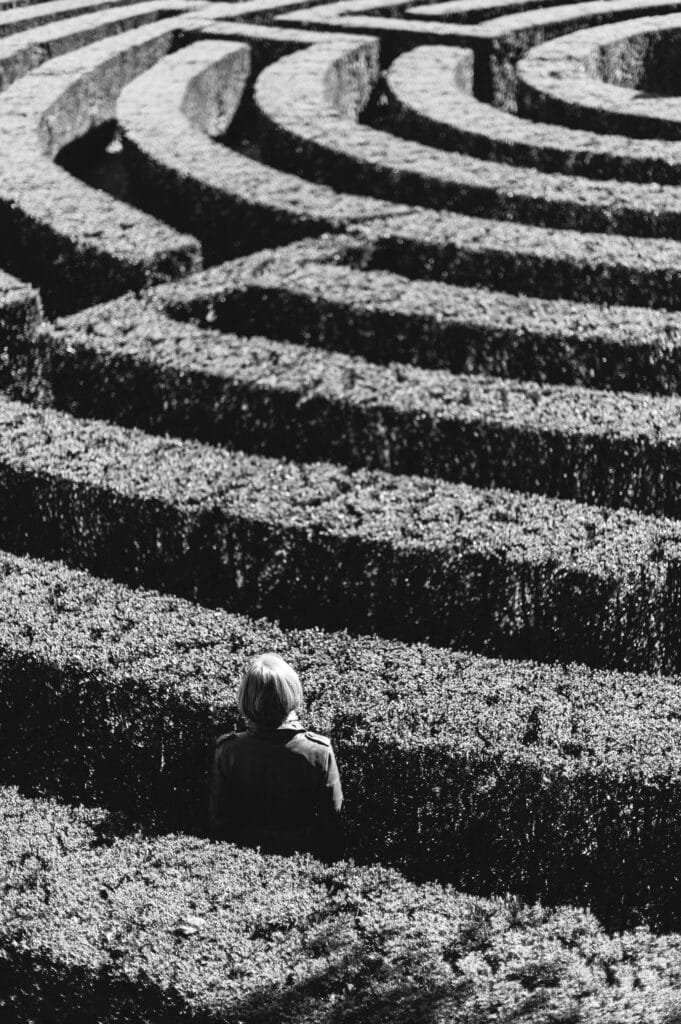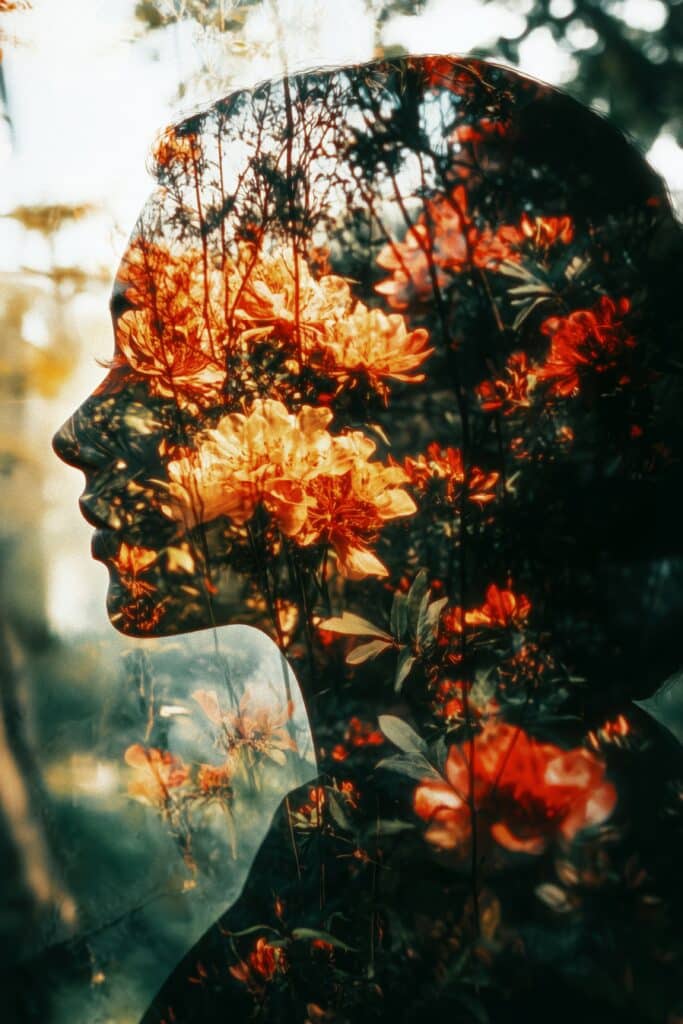Re-defining “Honor Thy Mother and Father” in the new paradigm

“Honor thy mother and father,” says the commandment
Young children are biologically predisposed to revere and honor their parents in order to survive. Yet, when children become adults and are capable of questioning their parents and evaluating them from an adult perspective, they may be discouraged from looking too deeply, so as not to offend the parents who have given so much for them.
Many see the act of examining one’s childhood to be avoiding adult responsibility and pointlessly dwelling on the past. Yet, the epitome of not taking responsibility is refusing to deal with the pain of your childhood and then unconsciously projecting your unprocessed pain onto other people.
This can be very challenging for those of older generations who were rewarded for being silent about the truth of their pain. In generations past, the very definition of honor and responsibility involved hiding painful truths--and this worldview is still quite dominant in our world today. Some parents may unconsciously expect their adult children to be silent about their feelings because this is what was expected of them. That was how family loyalty and honor were defined. Children were to be seen and not heard. And adult children who examine their histories may be viewed with suspicion, distrust or outright scorn.
Due to the belief that silence is honor, the old form of “honor thy mother and father” has allowed for inter-generational pain to fester and to be unconsciously passed along for centuries.
Seeing the value of conflict in the service of transformation
One of the major taboos in our culture is that conflict is bad. Yet, conflict that is in the service of transformation is necessary. If we avoid all conflict, we are avoiding growth, greater intimacy and deeper understanding. We have to re-envision how we approach conflict and discomfort, not as a form of personal attack or victimhood, but as a necessary step in creating greater intimacy and understanding.
What we refuse to acknowledge, we unconsciously pass onto others.
We have all to some degree developed a false self, a mask to help us survive in our societies and in our families. For countless generations people have been encouraged to see the masks as their true selves. This has resulted in a persistent background pain and sense of shame. Many address this pain with drugs, alcohol, or end up feeling chronically depressed. There is a wisdom in the body that wants to reject the mask and live from the authentic self.
There is only one thing that will bring relief: The truth at the center of your Being and living from that place of deep authenticity, no matter the cost.
Because this taboo against exploring our inner truth has been operating with momentum for countless generations, we are each presented with a dilemma. Do we continue with ‘business as usual’, with the persistent, background pain, but with an illusion of peace and security? Or, do we directly face the pain for the sake of moving through it, to arrive at a place of genuine truth, clarity and the deep fulfillment that it brings?
Honoring your Authentic Self
There is a paradox that in order to truly progress we must temporarily regress, meaning we must look back to truly move forward. We cannot truly move forward until we understand what it is that we are moving on from.
What we refuse to own does not simply go away; it will keep manifesting until we deal with it directly. So why not deal with it directly? Dealing with our unresolved pain directly is increasingly being seen as the only sane choice.
The pressure to look within is stronger than ever. We can see how full our collective shadow has become; we can see it in the floating trash in our oceans, the squandering of our resources and the poisoning of our atmosphere. This is symbolic of the inner avoidance and of not “cleaning up our own inner trash.” Contrary to the belief of former generations, we’re seeing now that the inner garbage doesn’t disappear even though we may prefer to be silent and pretend it is not there.
In the new paradigm that we are moving into, family honor will not be equated with silence but rather with honesty, integrity and authenticity, even if that involves confronting painful, uncomfortable feelings. The uncomfortable feelings that come up in the process of healing from emotional wounds will not be avoided due to fear, but seen realistically as an integral part of a healthy process that ultimately delivers one to clarity, deep wisdom and compassion.
The work of individuation requires that we honestly examine our histories and how they have impacted our lives, not for the sake of assigning blame, but for the sake of authentically moving forward and receiving the gifts that lay dormant in our wounds.
It is a paradox that the more of us that individuate (live from a place of authenticity and truth) the stronger the collective unity we are capable of creating.
Our hunger for authenticity is starting to exceed our hunger for cultural and familial approval.
I recently went to a talk by a prominent Jungian analyst who was discussing our current predicament in the context of the symbols of the Age of Pisces (depicted with an image of many fish swimming in the ocean) and the Age of Aquarius (depicted as a woman carrying a water vessel on her shoulder). He said this could be seen as a symbol of the new era towards which we are moving; from swimming in the collective, group unconsciousness (fish in the ocean) to a new realm where we each must take full responsibility for our own consciousness as depicted by carrying our own vessel upon our own shoulders.
We are building a new culture of self-responsibility.
The ability to experience intimacy and oneness is preceded by the willingness to embrace the solitude and necessity of self-reflection that result in genuine insights into the self.
The fact that our culture has equated honest examination of our histories with treason or blasphemy illustrates how this commandment is a form of exerting control, not about genuine love. Love that is commanded is not love. Examining our histories, if we stay with the process, ultimately brings us to honor and love for our parents. No commandment needed.
It is truly revolutionary to do the work of uncovering our true selves.
So many taboos must be broken:
- the taboo against exploring your deeper self and finding answers within.
- the taboo of honestly feeling your feelings even if they offend others.
- the taboo of feeling fully deserving and worthy of big things.
- the taboo of loving yourself and owning your worth.
- the taboo of process, patience and things taking time.
- the taboo of imperfection.
- the taboo of acknowledging the truth of our childhood histories.
- the taboo of vulnerability.
- the taboo of focusing on self-exploration (labeled “selfish,” especially for women).
Healing the Mother Wound is a form of honoring your entire female line: the generations of women who have gone before you and the generations of women that are to come.
Due to the cultural atmosphere of female oppression, women have historically felt caught in a bind: honoring your mother may seem to necessitate dis-empowering yourself and likewise, empowering yourself may feel like not fully honoring your mother. This either/or bind has been a problem in women’s empowerment. This is because of the power dynamic that has been passed down through generations of women living in patriarchy, which is a sense of scarcity that makes it seem challenging for mothers and daughters to both be empowered individuals.
Honoring your mother will be seen as in full alignment with honoring yourself.
As more generations of women become individualized and live their authentic truth, it will no longer be taboo for daughters to reflect on the Mother Wound to seek healing. It will be known that healing the Mother Wound is essential to taking responsibility for oneself, to living life consciously and with integrity. And it will be seen as a critical step in fully owning one’s brilliance and power. This is also true for the father wound and for the work that men do in healing their own generational wounds. And as men and women increasingly come together and support one another in this desire for authenticity, change can happen on a massive scale.
Our personal mothers are windows into the archetypal power of the Great Mother.
Archetypes are universal energies. A human being cannot BE an archetype because the energy is much bigger than a single person. Yet mothers in our culture are expected to be the personal mother AND the archetypal mother, which is impossible. We need new models of female empowerment in our culture so that we are not only relying on our personal mothers to provide us with the experience of our potential. Thus, we can spread out our mothering needs among many sources and thus, have those needs more likely to be filled.
Honoring your Inner Child
The story goes that Christ told the disciples that one cannot enter the kingdom of heaven until we have become like little children. This is not about reverting back to childishness or lack of responsibility. It is about re-claiming the original innocence of our inner child by confronting the false masks that we’ve accumulated that block the expression of the true, authentic self.
The innocence of our child-self combines with the wisdom of the integrated adult-self to create a powerful, new consciousness capable of transforming our world beyond anything we have yet known.
We truly honor our parents and our children when we take responsibility and do the work of healing our own wounds.
When we are strong advocates for the child within us, we are advocates and stewards of all that is innocent, pure and good. And as we redeem the child within ourselves, we also redeem the children that live in our mothers and fathers, because we can then see them in the light of truth and the light of compassion. This sense of honor then extends to the earth and all life.
Art credit: Cherelle Sappleton




